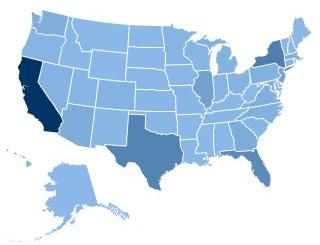Published on Thu, Feb 09, 2012
Kris Kobach’s ears should be burning.
Backlash built this week against the Kansas secretary of state for gallivanting state-to-state, drumming up support for laws bent on driving illegal immigrants out.
The rebukes aren’t coming from his usual critics, those who display sanity about the federal reforms needed to effectively deal with illegal immigration.
No, Kobach’s supporters are barking back now. The legislators and taxpayers who bought into his schemes to make the lives of illegal immigrants so hellish that they “self-deport.”
The editorial board of the Press-Register in Mobile, Ala., accused Kobach of banking on exactly what happened there — costly court challenges and a wide-range of unintended consequences for legal residents.
“Alabama allowed itself to be used as a guinea pig on illegal immigration so that a Kansas lawyer could build his political career,” the editorial said.
So Alabama’s legislature has gone to work, figuring out how to rewrite or repeal the damage done by Kobach’s handiwork, measures passed in 2011.
On Monday, the Immigration Policy Center released “Discrediting ‘Self Deportation’ As Immigration Policy.” Yes, you can make life harsh for immigrants, but everyone else suffers, too. Economists predict Alabama’s gross domestic product will lose up to $10.8 billion as a result, and $57 million to $264 million more in state income and sales tax collections could evaporate.
Oops.
Anyway, data are beginning to show that immigrants don’t self-deport in substantial numbers.
It’s all sleight of hand, a hustle that eventually will reach the U.S. Supreme Court.
Missouri also stood out in national conversations for being among the gullible states where chasing around illegal immigrants is still gathering traction, despite experiences elsewhere.Read more...
Published in the The Kansas City Star



